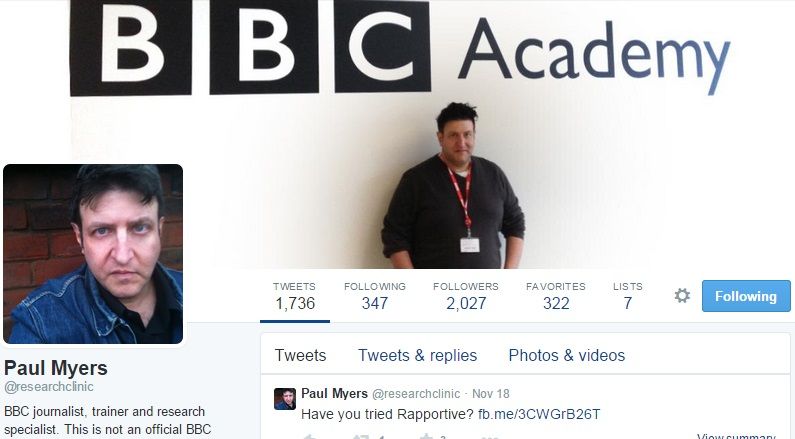MANILA, Philippines – Just because a news story is trending on social media does not necessarily mean it is true. Sorting out whether a story that has gone viral is real or a hoax is among the challenges news organizations face with the exponential growth of information online.
Paul Myers, a journalist, trainer and research specialist for the BBC, points out that it is important to look closer at the source of the story to check whether it is a legitimate website putting out true information.
“Firstly, check what other people are saying. Is anyone else providing evidence that a story is fake? Many people are passionate about disproving hoaxes,” Myers said in an email interview with INQUIRER.net.
“Secondly, check the originating sources. Are they real or cleverly disguised? See if you can phone them. See what other people are saying about them,” he said.
Myers, who has worked for 29 years with the BBC, is among the speakers in the upcoming Uncovering Asia Investigative Journalism Conference from November 22 to 24, 2014 in Crowne Plaza Manila Galleria hotel.
He will be speaking about how social media can be used for investigative reports of journalists and also about how hidden information can be found online.
“Don’t be fooled by impressive web and email addresses. It’s easy to buy a domain name, but is it authentic?” Myers pointed out.
“If it’s a Twitter or Facebook user, assess various criteria such as how long the account has been active and whether they are posting material that is unique to who they say they are,” he said.
RELATED STORIES
